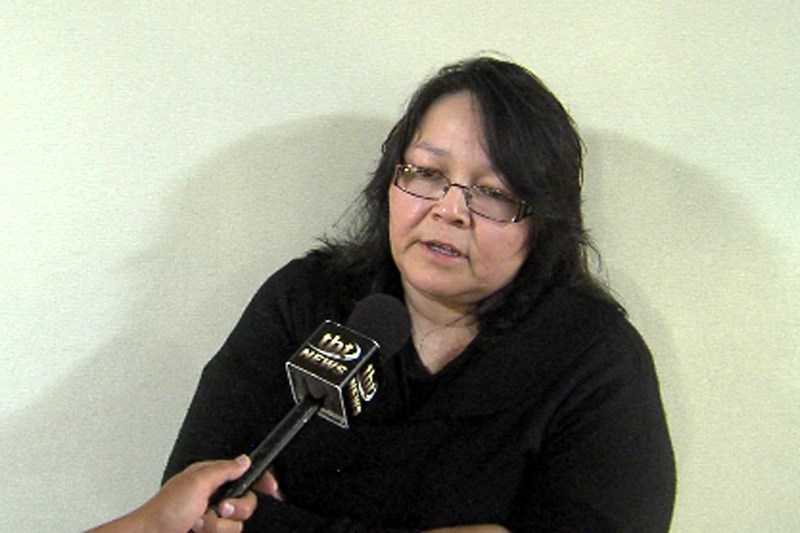THUNDER BAY — The Canadian Human Rights Tribunal has ordered Sandy Lake First Nation to compensate a woman it banished from its territory in 2012, and allow her to return.
The decision, which requires Sandy Lake to pay Angele Kamalatisit $20,000 for pain and suffering, comes two years after the tribunal held a hearing in Thunder Bay.
"Obviously, the complainant has been victimized as a result of her relationship with Ringo [Fiddler, her partner] and the Band's request that she leave Sandy Lake was based on Ringo's involvement in local politics," said tribunal member George Ulyatt in a decision written in May but only recently published.
"I am satisfied that the actions against the complainant were unfounded and designed to retaliate against Ringo," Ulyatt wrote.
Kamalatisit had lived at Sandy Lake for 10 years, but acknowledged she resided there as a guest.
She alleged she was discriminated against when she was forced to leave the remote fly-in community, 600 kilometres north of Thunder Bay, because of her husband's political views.
Kamalatisit said her partner caused problems for the band council by speaking up about finances and other issues, and demanding their resignation.
Her husband was a band member but she is originally from Fort Albany First Nation.
Kamalatisit said she didn't get involved in local politics.
"I understand that it's none of my business as a member of another First Nation," she said during the tribunal's hearing.
But the lawyer for Sandy Lake said Kamalatisit was involved in social media commentary with negative remarks about the Chief and council, personal attacks about their lifestyle, and allegations that they had behaved improperly.
"Those were the issues that were upsetting to community members, who felt there was a lack of respect for Chief and council," Asha James said in an interview at the 2017 hearing.
James said the request that Kamalatisit leave Sandy Lake "had to do specifically with her own actions and her own words, and an increasing level of tension in the community regarding her statements."
A spokesperson for Sandy Lake First Nation told Tbnewswatch on Tuesday the decision was still being studied.
During the hearing James said she expected the case would be in the forefront in setting out what Chiefs and councils are allowed to do, and "how the Human Rights Tribunal will recognize and balance a nation's traditional laws and cultural practices with ensuring protection for individuals under the human rights code."
She had argued that Sandy Lake had the right as a sovereign nation to exercise its cultural and legal traditions, including a customary law giving it the ability to remove visitors who disrespect longstanding practices.
